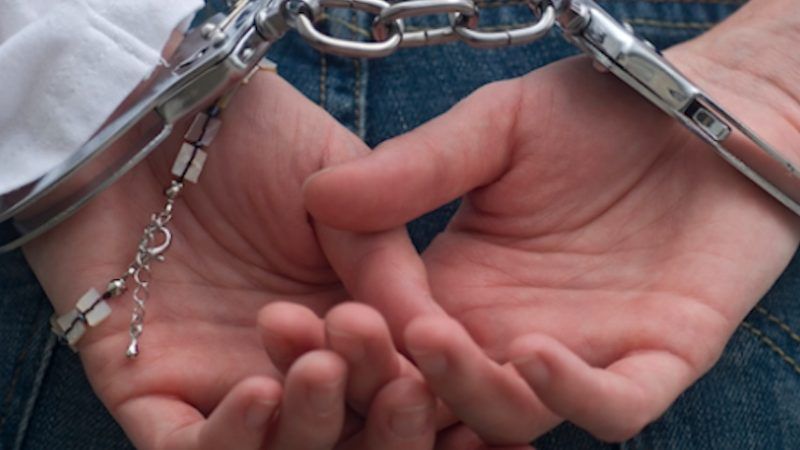Why Child Protective Services Should Stop Blaming Parents First
There is no one-size-fits-all solution.

A Bronx mom whose young son was malnourished because the rats in their apartment kept eating their food had her kids taken away. The city then gave the foster care family $1000 a month to feed the children.
This story of government obtuseness and cruelty appeared in a recent New York Times op-ed by Emma S. Ketteringham, managing director of the family defense practice at the Bronx Defenders. As she noted, the problem in this case was not negligence or abuse, it was poverty.
There is a misconception that the child-protection system is broken because child services fails to protect children from dangerous homes. That's because the media exhaustively covers child deaths, but not the everyday tragedy of unnecessary child removals.
The problem is not that child services fails to remove enough children. It's that the agency has not been equipped to address the daily manifestations of economic and racial inequality. Instead, it is designed to treat structural failings as the personal flaws of low-income parents.
We live in such parent-judging times that that is the first thing we think of when a child is hurt: It is the fault of the parents. Not fate. Not poverty. Not bad luck.
Because we default to the notion of "bad parents," that becomes the primary problem we address. It's like treating all car accidents as the fault of the driver, even on streets with malfunctioning stop lights. In such cases, driving lessons aren't going to help because that wasn't the problem in the first place. Similarly, parenting classes, a popular protocol, cannot solve the rat problem. And sending kids to foster families is hardly a foolproof solution. Sometimes it makes matters much worse.
But that's what happens, writes Ketteringham. And "this never-ending cycle traps generations of low-income families in a punitive system of state surveillance and foster care."
When we think about all the ways the modern-day mandate to be a perfect parent impacts kids and families—making parents scared to let their kids play outside, for instance, for fear of being found neglectful—the most chilling is a refusal by the state to recognize that good parents—even excellent parents—cannot always meet the grade.
Instead of help or simple understanding, the parents are treated as child abusers. This benefits no one. As the Bronx mom explained to Ketteringham:
[T]he rats made it impossible to store fresh food in the apartment. She was a single mother with no family members who could help her. She struggled with depression and a chronic health condition that often required her to go to the hospital. She needed assistance. Instead, the city tore her children away from her.
Her children were not returned to her for three years.
Ketteringham and her colleagues have represented, by her count, thousands of such parents in child-protection proceedings. The majority have never abused a child, despite the charge the state saddles them with: "parental neglect." It is, she adds, "something of a catchall term that seems to cover poverty, substance abuse and untreated mental illness."
Maybe "parental abuse" is a term we need to start using to cover government intervention in cases where parents are trying to do the best they can, but they just can't be perfect.


Show Comments (32)